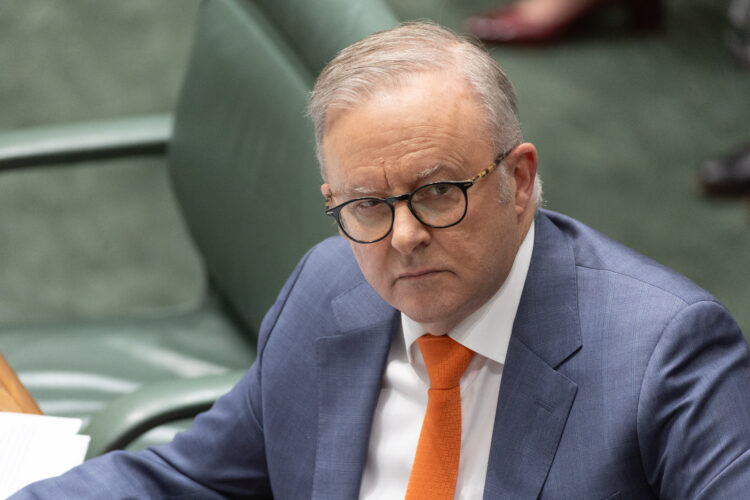US President Donald Trump says he will send National Guard troops to fight crime in Chicago, which would mark an extraordinary effort to militarise the nation’s third-largest city and set up a legal battle with local officials who have vowed to fight such a move.
Trump’s comments come just hours after a federal judge blocked Trump’s administration from using the military to fight crime in California.
Illinois Governor JB Pritzker said he had learned that the Trump administration has “gathered ICE agents and military vehicles, and that there are more ICE agents that are on the way” and called his actions “dangerous and un-American”.
Since taking office, Trump has attempted to broaden the role of the military on US soil, which critics say is a dangerous expansion of executive authority that could spark tensions between the military and ordinary citizens.
“We’re going in. I didn’t say when, but we’re going in,” Trump told reporters in the Oval Office on Tuesday.
Trump at one point said he would “love to have” Pritzker call and request troops, but “we’re going to do it anyway”.
“We have the right to do it,” Trump said, adding that the federal intervention would extend to Baltimore as well.
Chicago Mayor Brandon Johnson said over the weekend that Chicago police won’t collaborate with any National Guard troops or federal agents if Trump deploys them.
Pritzker on Tuesday said that the administration was staging Texas National Guard for deployment in Illinois, along with federal agents from ICE, Customs and Border Control, the Department of Homeland Security and other agencies.
Pritzker, a Democrat whose name has also been floated as a possible 2028 presidential candidate, said in the coming days, Chicago could expect to see similar scenes as those that have played out in Los Angeles and Washington, DC, where military personnel have already been deployed.
Trump has been threatening to expand his federal crackdown on Democratic-led US cities to Chicago, casting the use of presidential power as an urgent effort to tackle crime even as city officials cite declines in homicides, gun violence and burglaries.
Trump is almost certain to face legal challenges if he uses a provision known as Section 12406 to send National Guard troops from Republican-led states into Democratic strongholds.
Some Republican governors have sent hundreds of National Guard troops to Washington at Trump’s request.
The president has depicted the capital as being in the grip of a crime wave, although official data shows crime is down in the city.
Chicago has long had high levels of gun violence but crime, including homicide, has declined in the last year.
